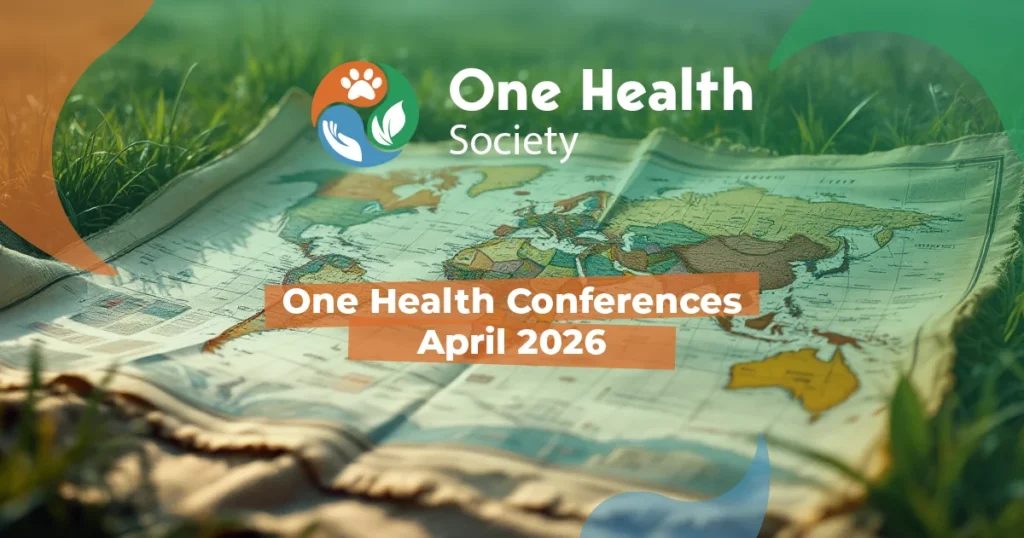A study that tracked more than 160,000 Korean women for up to 17 years finds that those infected with a high-risk strain of human papillomavirus (HPV) were four times more likely to die of cardiovascular disease (CVD) than uninfected women.
High-risk HPV (HR-HPV) strains, a common transmitted sexually, are a well-known risk factor for cervical cancer.
For the study, published today in the European Heart Journal, researchers from Sungkyunkwan University School of Medicine in Seoul monitored 163,250 CVD-free women aged 30 years and older who underwent routine high-risk HR-HPV screening in 2004 to 2018. Average patient age was 40.2 years, 9.2% were infected with HR-HPV, all had few conventional CVD risk factors, and participants returned for healthcare visits every 1 or 2 years for a median of 8.6 years, until 2020.
“Understanding the contribution of HR-HPV infection to long-term cardiovascular consequences in women with HPV may have important clinical significance, particularly considering the availability of HPV vaccines,” the study authors wrote.
Risk especially high in obese women
During 1.4 million person-years of follow-up,134 women died of CVD, 16% of them HR-HPV–positive, for a death rate of 9.1 per 105 person-years for HR-HPV–negative women and 14.9 per 105 person-years for HR-HPV–positive women.
After adjustment for CVD risk factors and potential confounding factors, the risks of atherosclerotic CVD (ASCVD), ischemic heart disease, and death from stroke among infected women were 3.91, 3.74, and 5.86 times that of their uninfected peers.













